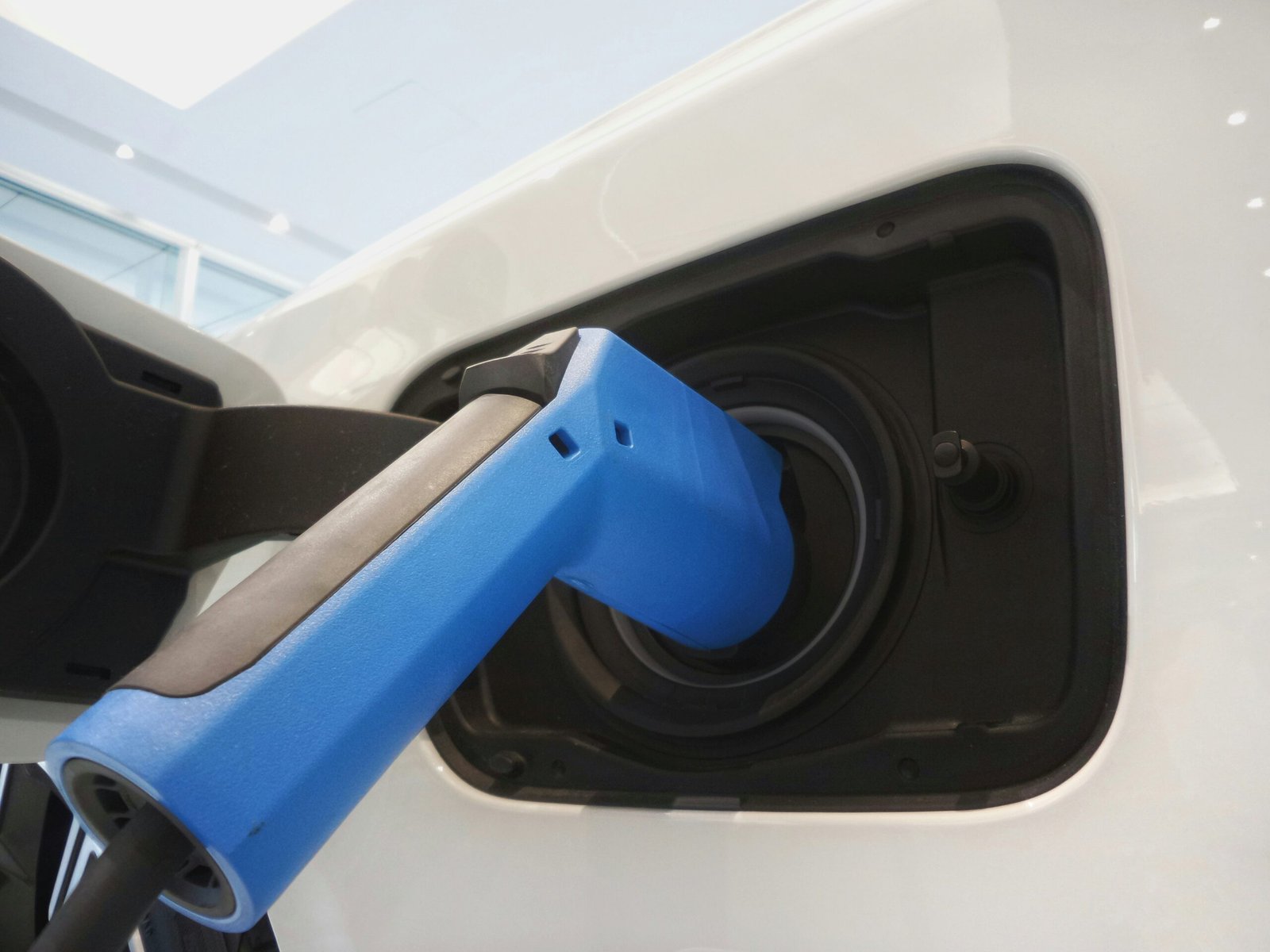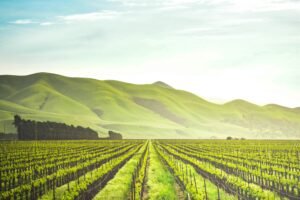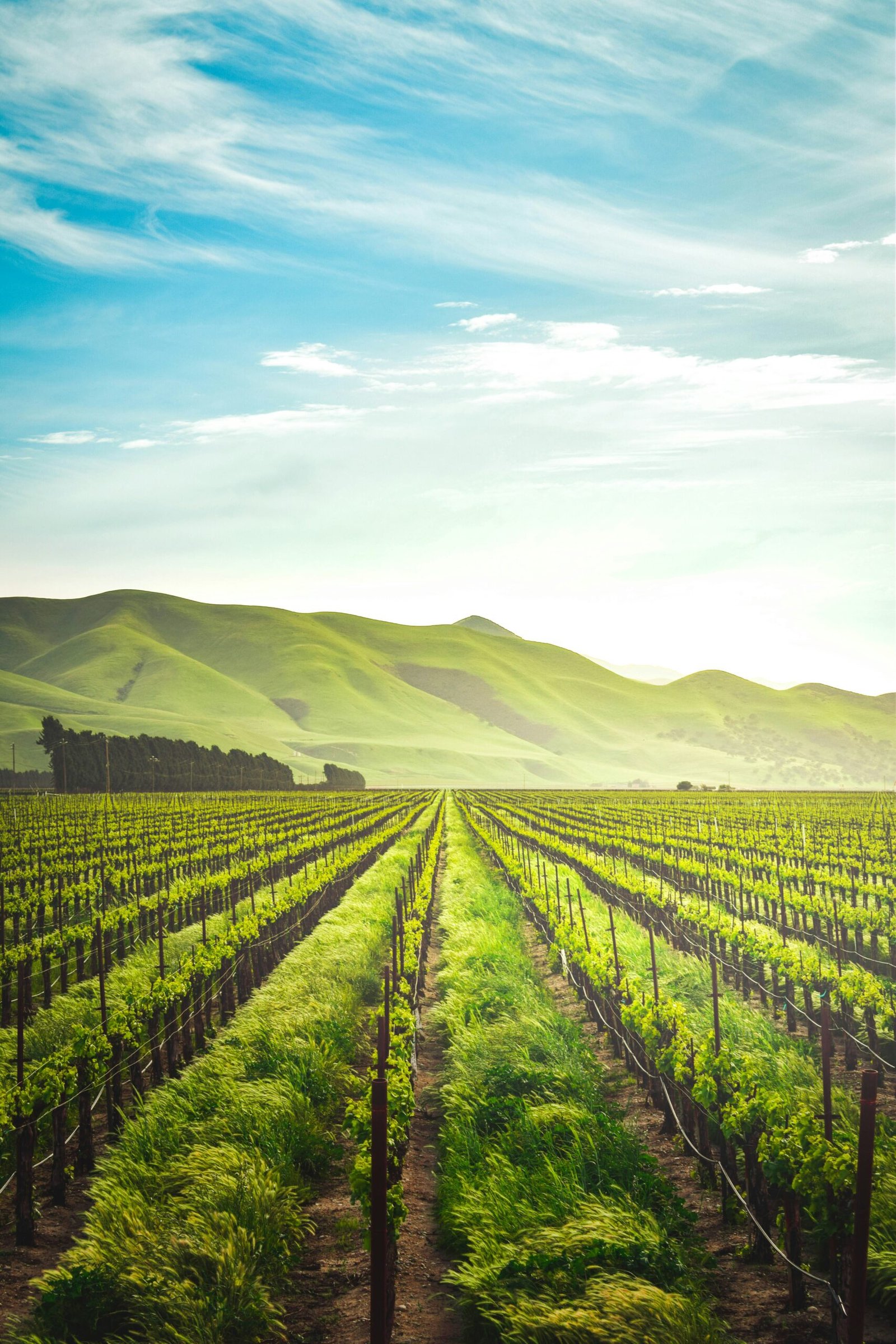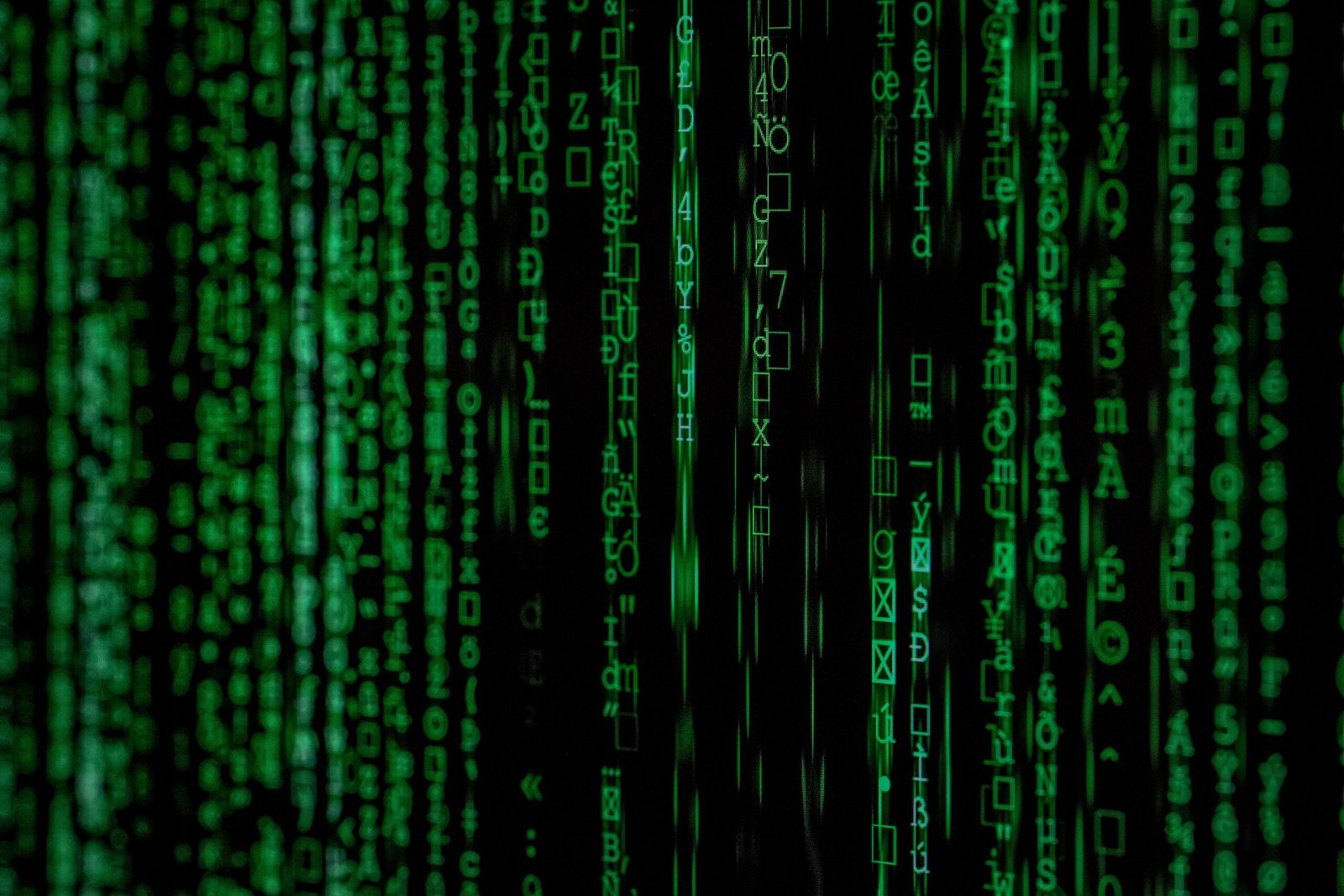Technology has become an integral part of our lives, revolutionizing various industries, and agriculture is no exception. In recent years, there has been a growing focus on sustainable agricultural practices, and technology has played a crucial role in enhancing these practices. From precision farming to drone technology for crop monitoring and blockchain for supply chain transparency, let’s explore how technology is shaping the future of sustainable agriculture.
Precision Farming
Precision farming, also known as precision agriculture, is a farming approach that utilizes technology to optimize crop production while minimizing environmental impact. This practice involves the use of various tools such as GPS, sensors, and data analytics to precisely measure and manage factors like soil moisture, nutrient levels, and pest infestations.
By collecting real-time data, farmers can make informed decisions about when and where to apply fertilizers, pesticides, and water, reducing waste and ensuring that resources are used efficiently. Precision farming not only increases crop yields but also minimizes the negative impact on the environment by reducing the use of chemicals and conserving water.
Drone Technology for Crop Monitoring
One of the most exciting advancements in agriculture technology is the use of drones for crop monitoring. Drones equipped with high-resolution cameras and sensors can capture aerial images of fields, providing farmers with valuable insights into crop health, growth patterns, and potential issues.
With the help of these images, farmers can identify areas that require attention, such as pest infestations, nutrient deficiencies, or irrigation problems. By detecting these issues early on, farmers can take immediate action, preventing crop losses and reducing the need for excessive pesticide or fertilizer use.
Moreover, drone technology enables farmers to monitor large areas of land more efficiently and accurately than traditional methods. It saves time, labor, and resources, making it a cost-effective solution for sustainable agriculture.
Blockchain for Supply Chain Transparency
Transparency and traceability are essential in ensuring sustainable agricultural practices. Consumers are increasingly concerned about where their food comes from, how it is produced, and its impact on the environment. This is where blockchain technology comes into play.
Blockchain is a decentralized and transparent digital ledger that records and verifies transactions. In the context of agriculture, blockchain can be used to create a secure and immutable record of every stage of the supply chain, from farm to table.
By implementing blockchain technology, farmers, suppliers, and consumers can have access to real-time information about the origin, production methods, and quality of food products. This transparency not only builds trust between producers and consumers but also enables better decision-making regarding sustainable and ethical choices.
The Future of Sustainable Agriculture
As technology continues to advance, the possibilities for sustainable agriculture are expanding. Innovations such as artificial intelligence, robotics, and Internet of Things (IoT) devices hold great promise in further optimizing farming practices.
For example, AI-powered systems can analyze vast amounts of data to predict crop yields, optimize irrigation schedules, and detect diseases at an early stage. Robotic devices can perform labor-intensive tasks, reducing the need for manual labor and minimizing the environmental impact.
Furthermore, IoT devices can connect various sensors and equipment on the farm, enabling real-time monitoring and control of factors such as temperature, humidity, and soil conditions. This interconnectedness allows farmers to make data-driven decisions and respond promptly to changing environmental conditions.
In conclusion, technology is playing a vital role in enhancing sustainable agricultural practices. Precision farming, drone technology for crop monitoring, and blockchain for supply chain transparency are just a few examples of how technology is revolutionizing the agricultural industry. As we look towards the future, it is clear that technology will continue to drive innovation and promote sustainable practices in agriculture, ensuring a greener and more efficient food production system.











